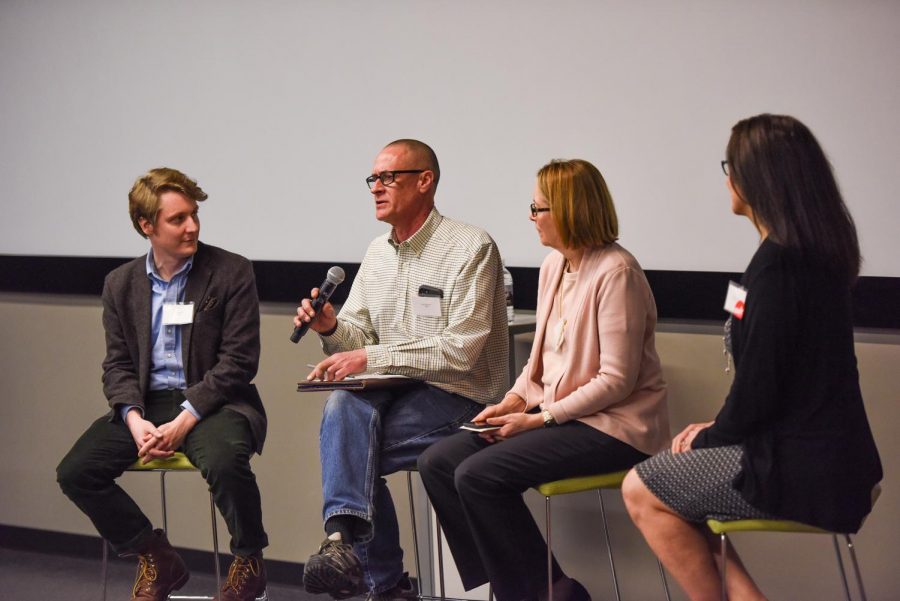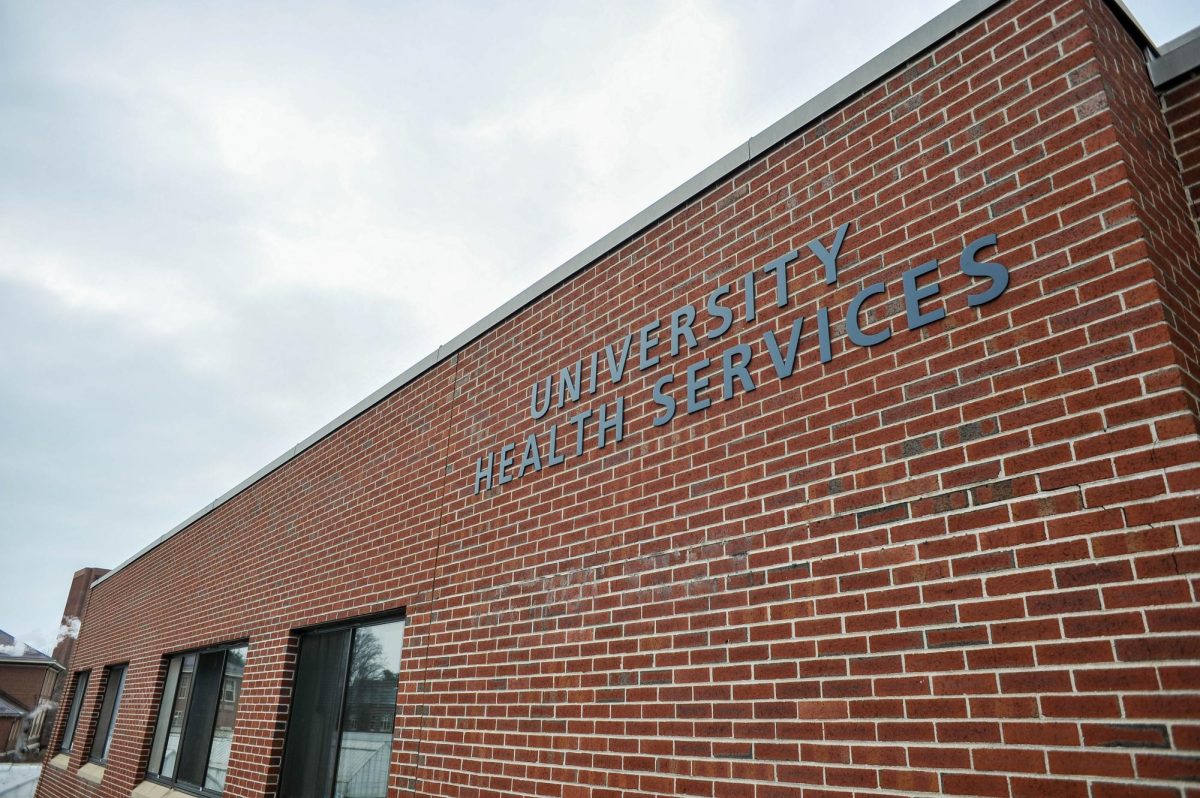To the Editor:
Last week, I participated in a careers-after-college panel discussion during the Massachusetts Daily Collegian Alumni Event. Despite my anxiety about public speaking, I was able to share my career experience and field some questions. But I spaced on a lot of the advice I had prepared. Here’s what I would suggest to current students:
- Get personal business cards. (Trust me. People still like, use and collect business cards.) Use them in between jobs, on first interviews and with potential employers when you’re already working but might change your mind later. Include a personal email address and phone number. Let the design share your personality and make it more memorable than standard business cards. I happen to like the quirky and occasionally profane cards by @GapingVoid at MOO.
- Keep a list of work achievements and greatest hits. It will come in handy during job interviews, annual performance reviews, promotion and salary increase requests and professional networking. In a hectic working world, we often forget some significant achievements. Make a list and update it every three months.
- Have some good stories about your greatest hits. It’s one thing to say you helped save 20 percent on the cost of a product or service your company uses, but it’s more memorable and interesting to share your thought process and how you acted to get that result.
- For the people in your industry you admire, follow them on Twitter and Instagram, use a Google alert with their name, read their blogs and otherwise keep track on what they are doing, and when and how they are advancing. You’ll likely pick up on things that you can use to advance your career.
- Email, comment on a blog post or otherwise reach out to those people. Note something they did that impressed you, changed your mind or made you passionately agree or disagree. Don’t be a troll or a sycophant; keep it short and professional, and include a simple request (a follow up question, some quick advice, a brief elaboration on a subject, etc.). You’ll be pleasantly surprised by how many busy, high-profile people respond and if they don’t, that’s generally not about you but about the other demands on their time and attention.
- Always be learning. Stay up to date about your industry, your employer, its competitors and major players in your field. Identify trends, changes and practices that stay constant over time or are nearing major disruption. Change is one thing that’s constant in the working world. Be on top of it, learn from it and don’t be a laggard.
- Step up and volunteer for new assignments that will significantly challenge you. It can be scary. It can be risky. But you will stand out as a ‘Yes-person.’ If you then need help, ask. Formally or informally, at work or after work outings, share where you’re stuck, what you think is the best course forward and then solicit feedback. Most co-workers want you to do well and will usually provide extra support because they want good results.
- Get a side hustle — something that may be different from your primary employment but can provide income when you’re between jobs. Drive for Uber or Lyft, tend a bar or wait on people, walk dogs, clean houses, code for hire, help small businesses clean up and update spreadsheets. You never know when a job might end, but you’ll sleep better when you’ve prepared to generate short-term income while chasing your next gig.
I trust that the University of Massachusetts will provide you with an education and experience that’s a solid career foundation, as it did for me. Hopefully, these are some extra lessons that haven’t been explicitly shared in class.
Larry Bouchie graduated in 1995 with a Journalism degree and has been working in public relations ever since.


















